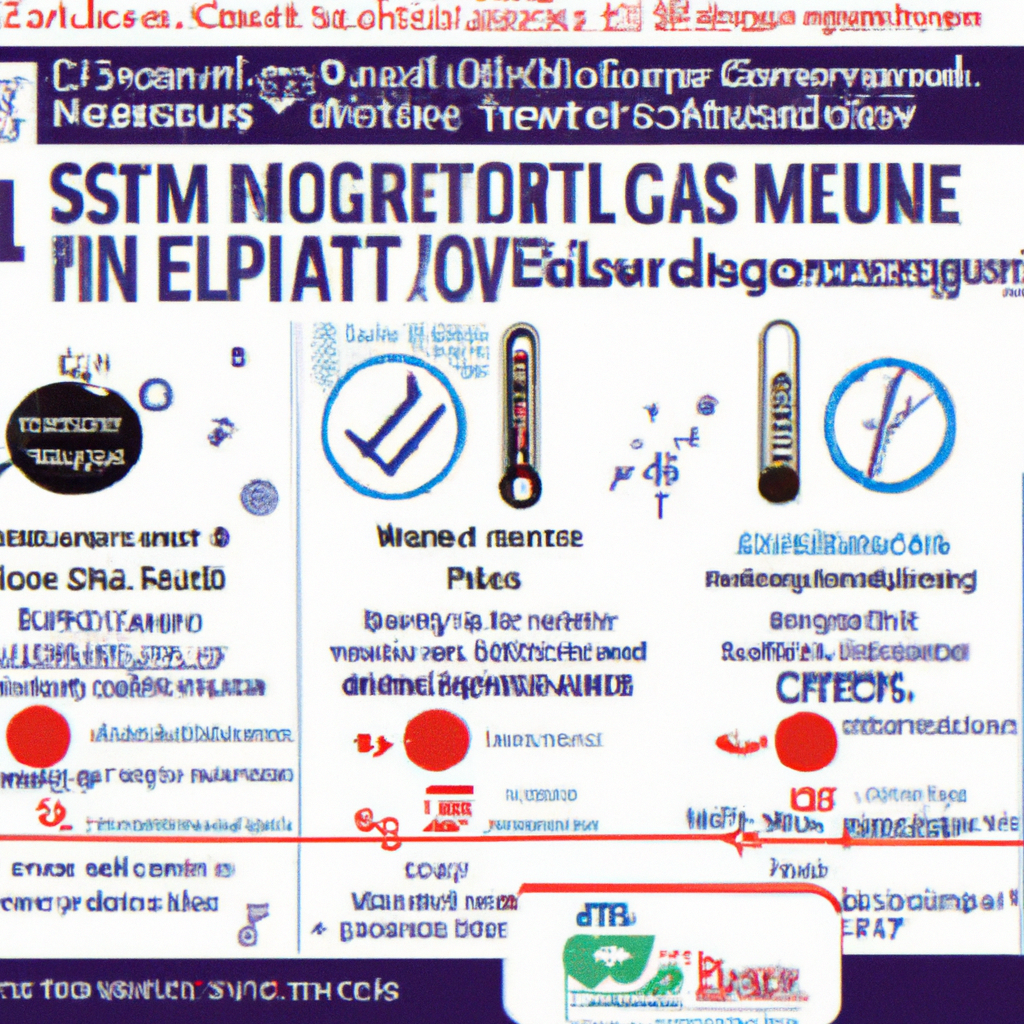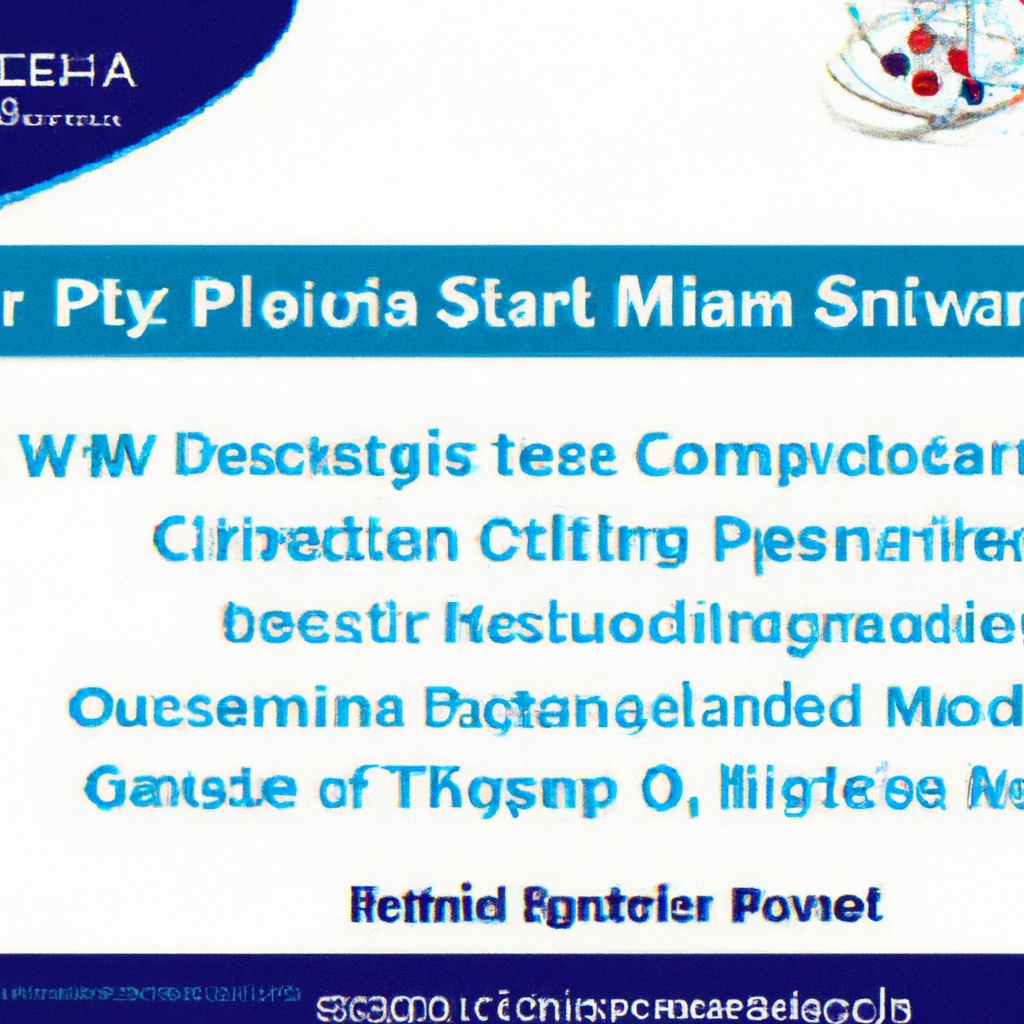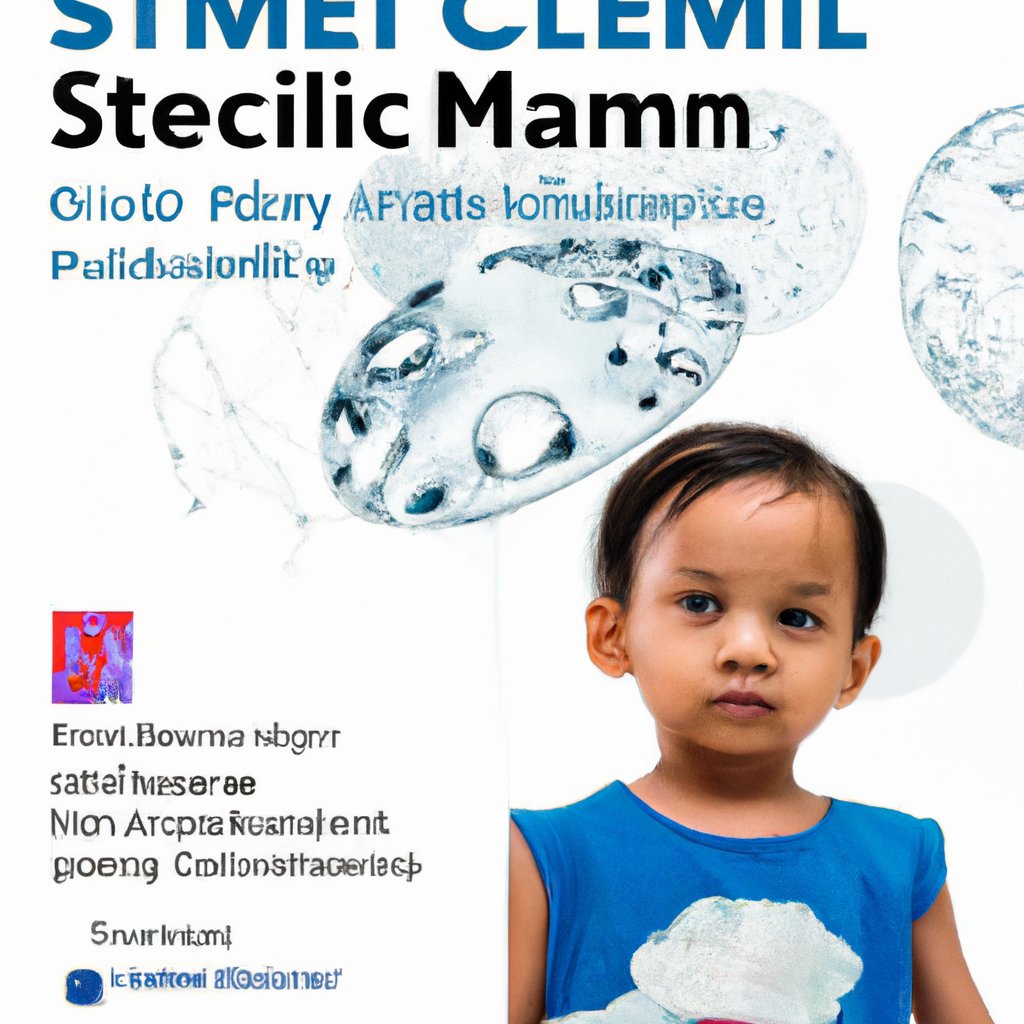If you’ve ever wondered about the regulations and guidelines surrounding stem cell therapies in Malaysia, you’re in the right place. As a stem cell doctor, it’s crucial to stay updated and informed on the necessary regulations to ensure safe and effective treatments. In this article, we’ll explore the existing regulations governing stem cell therapies in Malaysia, providing you with a comprehensive understanding of the landscape. From the various guidelines to the importance of compliance, we’ll dive into all the essential details. So, let’s embark on this informative journey together and discover the world of stem cell therapies in Malaysia.
Regulations for Stem Cell Therapies in Malaysia
Stem cell therapies have gained significant attention in recent years due to their potential in treating various medical conditions. In Malaysia, the field of stem cell therapies is regulated to ensure the safety and efficacy of these treatments. This article will provide an overview of the regulations in place for stem cell therapies in Malaysia, highlighting the importance of these regulations and discussing the national regulatory body, regulatory framework, clinical trials and approval process, ethical considerations, safety and efficacy standards, post-market surveillance, import and export regulations, and penalties for non-compliance.

Stem Cell Therapies Overview
Stem cell therapies involve the use of stem cells to regenerate or repair damaged tissues and organs. These therapies offer new avenues for the treatment of diseases such as heart disease, diabetes, and neurological disorders. By harnessing the regenerative capabilities of stem cells, researchers and medical professionals aim to provide innovative and effective treatments for patients.
Importance of Regulations
Regulations play a crucial role in ensuring the safety and efficacy of stem cell therapies. By establishing guidelines and standards, regulators can minimize potential risks and protect the well-being of patients. In Malaysia, the government recognizes the importance of regulating stem cell therapies to maintain public trust and confidence in these treatments.
National Regulatory Body
The National Pharmaceutical Regulatory Agency (NPRA), under the Ministry of Health Malaysia, is the regulatory body responsible for overseeing stem cell therapies in the country. The NPRA works closely with other regulatory agencies and professional bodies to ensure that stem cell therapies meet stringent safety and efficacy standards.
Regulatory Framework
The regulatory framework for stem cell therapies in Malaysia consists of guidelines and regulations that govern the development, testing, and commercialization of these treatments. These regulations aim to ensure that stem cell therapies are developed and administered in a safe and controlled manner.

Clinical Trials and Approval Process
Before stem cell therapies can be used in clinical practice, they must undergo rigorous testing and evaluation through clinical trials. The approval process for clinical trials involves a thorough review of the proposed study protocol, including considerations for safety, ethical implications, and potential benefits. Upon successful completion of clinical trials, stem cell therapies may receive approval for use in specific indications.
Ethical Considerations
Ethical considerations are paramount in the field of stem cell therapies. In Malaysia, the use of stem cells must comply with established ethical guidelines, including obtaining informed consent from patients and ensuring that treatments are administered in an ethical and responsible manner. The NPRA places great emphasis on ethical practices and works diligently to protect the rights and well-being of patients.

Safety and Efficacy Standards
Safety and efficacy standards are crucial in ensuring that stem cell therapies deliver the desired outcomes without causing harm to patients. These standards may include criteria for manufacturing and processing stem cell products, guidelines for quality control measures, and requirements for monitoring and reporting adverse events. Compliance with safety and efficacy standards is vital for the successful implementation of stem cell therapies in Malaysia.
Post-market Surveillance
Post-market surveillance is an essential component of the regulatory framework for stem cell therapies. It involves monitoring the safety and performance of these treatments after they have been approved and made available to patients. Through post-market surveillance, regulators can identify and address any potential safety issues or adverse events associated with stem cell therapies promptly.

Import and Export Regulations
Import and export regulations govern the movement of stem cell products into and out of Malaysia. These regulations aim to ensure that imported stem cell therapies meet the same stringent safety and efficacy standards as those produced domestically. By enforcing import and export regulations, the NPRA can safeguard the quality and integrity of stem cell therapies available in the Malaysian market.
Penalties for Non-Compliance
Non-compliance with the regulations and guidelines for stem cell therapies in Malaysia can lead to penalties and legal consequences. These penalties may include fines, suspension or revocation of licenses, and even criminal charges. The NPRA takes non-compliance seriously and works diligently to enforce the regulations to maintain the integrity of the stem cell therapy industry.
In conclusion, the regulations and guidelines for stem cell therapies in Malaysia are essential for ensuring the safety, efficacy, and ethical use of these treatments. Through the oversight of the National Pharmaceutical Regulatory Agency, stem cell therapies undergo rigorous testing and evaluation, comply with ethical considerations, and adhere to strict safety and efficacy standards. By implementing comprehensive regulations, Malaysia strives to provide a robust framework for the development, approval, and monitoring of stem cell therapies in the country.





